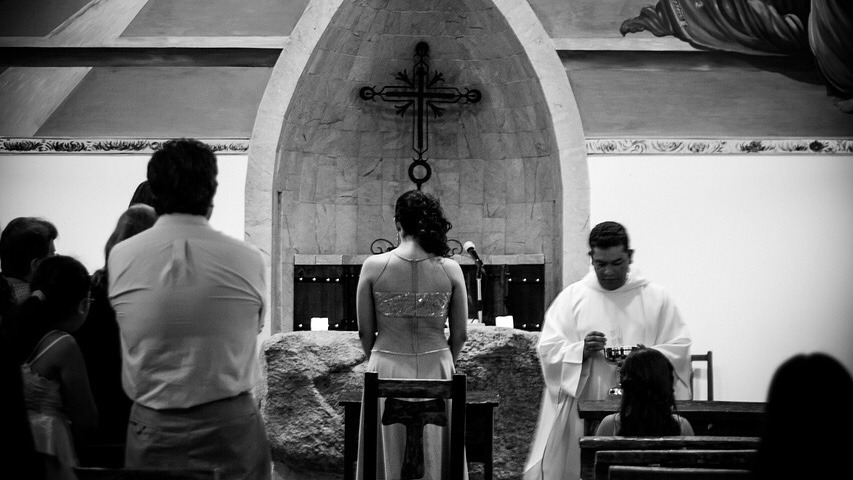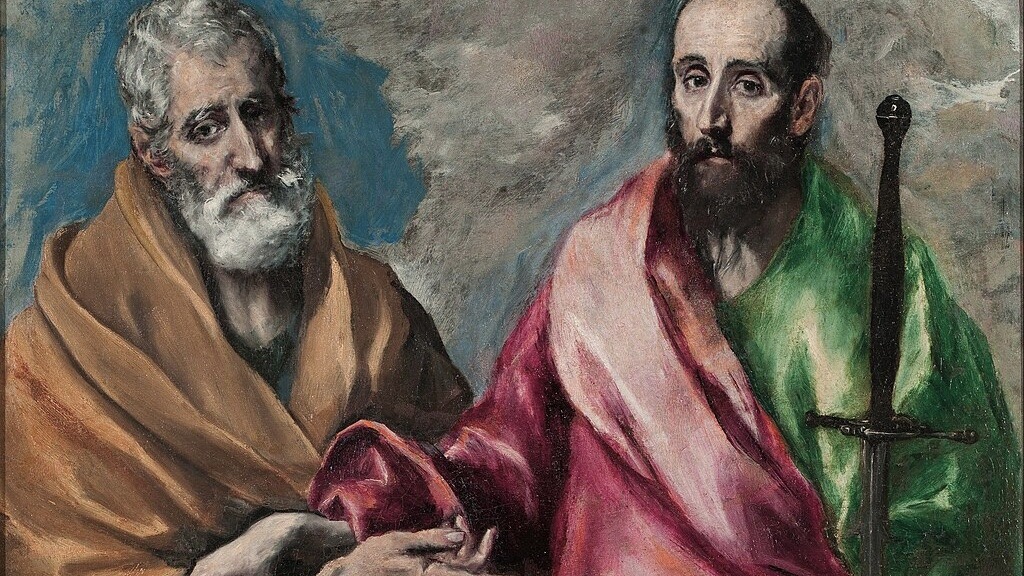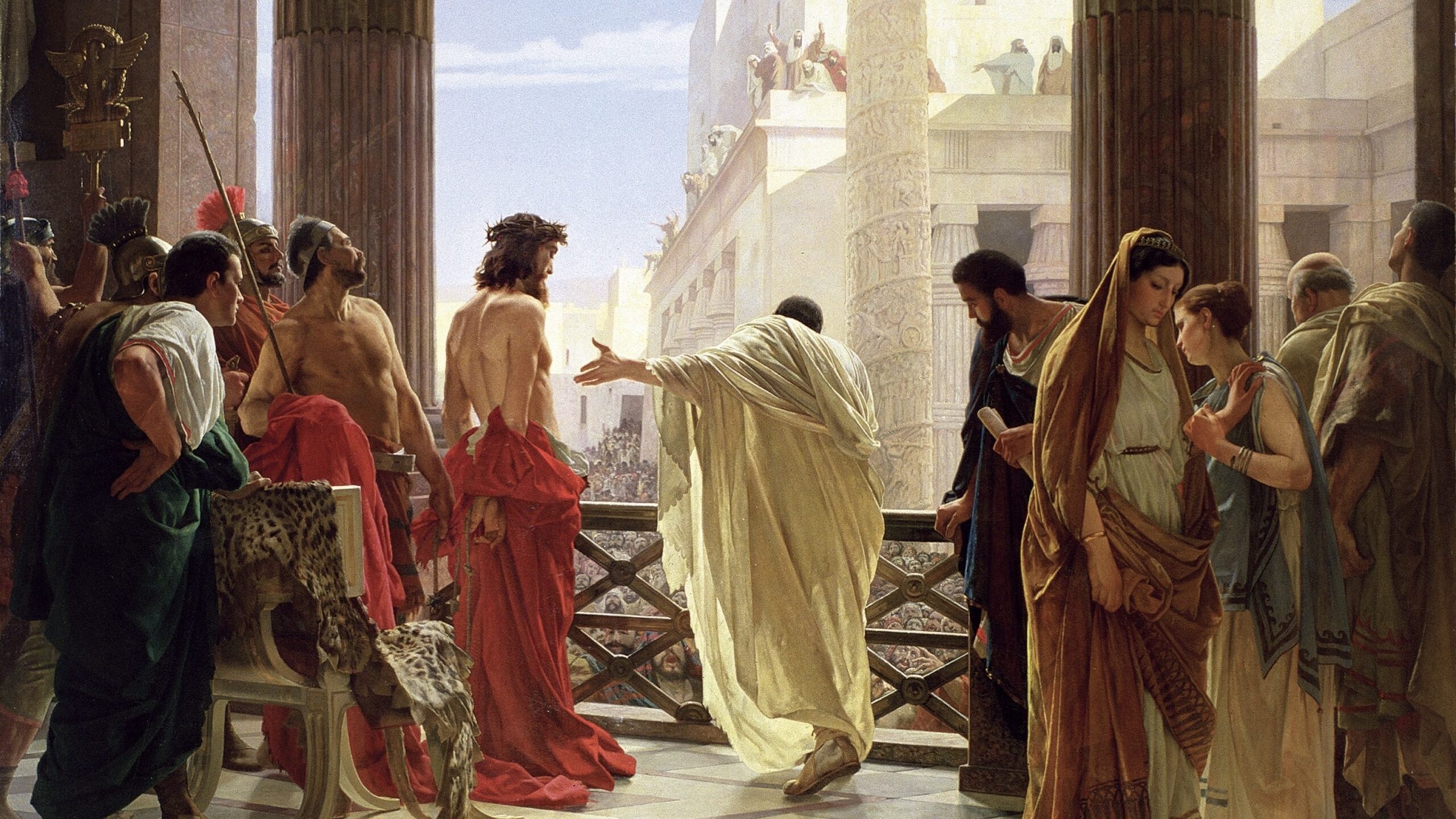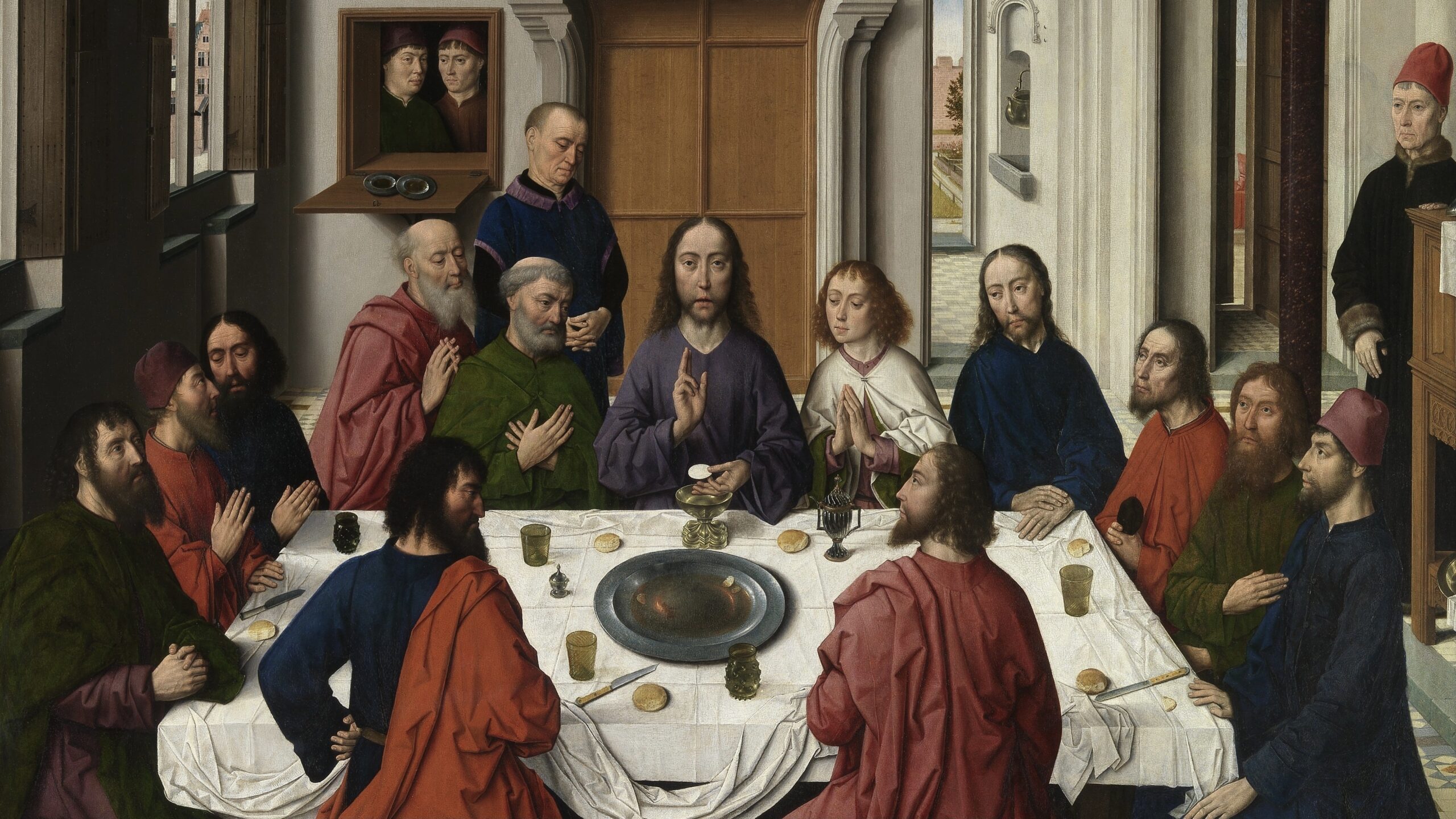 Naturally, the usual suspects are screaming: CRISIS!!! Phil Lawler, worst known for his recent book calling the pope a “lost shepherd,” bemoans “another dose of confusion.” (If someone finds a Lawler article about the pope in which he doesn’t claim to be “confused,” let me know.) “Once again,” Mr. Lawler writes, “Pope Francis has given the world reason to believe that the teachings of the Catholic Church can and will change.” As though he has never heard of Newman and new wine can be forced into old wineskins, by gee by gosh by gum.
Naturally, the usual suspects are screaming: CRISIS!!! Phil Lawler, worst known for his recent book calling the pope a “lost shepherd,” bemoans “another dose of confusion.” (If someone finds a Lawler article about the pope in which he doesn’t claim to be “confused,” let me know.) “Once again,” Mr. Lawler writes, “Pope Francis has given the world reason to believe that the teachings of the Catholic Church can and will change.” As though he has never heard of Newman and new wine can be forced into old wineskins, by gee by gosh by gum.
On death penalty, Roma locuta est, causa finita est.
BY: Henry Matthew Alt • August 2, 2018 • Apologetics; Exegesis; Pro-Life Issues













